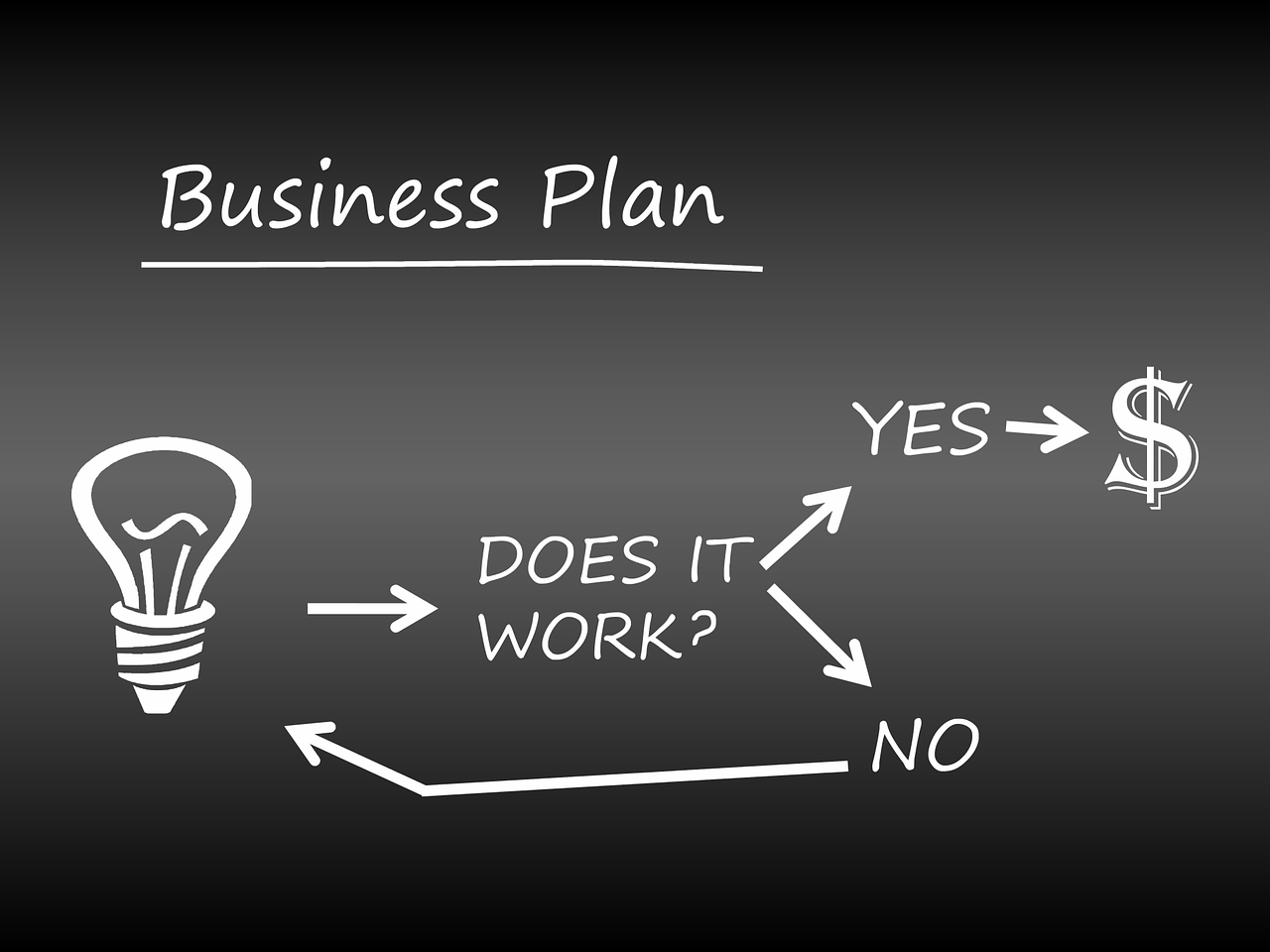A comprehensive, carefully thought-out business plan is essential to the success of an entrepreneur. Whether you are starting up a new business, seeking additional capital for existing product lines, or proposing a new activity in a corporate division, you will never face a more challenging writing assignment than the preparation of a business plan.
You have to remember that even though having a business plan is not a guarantee of success, great planning usually means the difference between success and failure. It’s more than the old cliche: A failure to plan is a plan to fail. In fact, a wealth of data now exists on the difference a written business plan makes, especially for small or growing companies. You need to do everything possible to create a successful business. And that is why you need a great business plan to help you succeed. So, this article is all about how to write a business plan.
It is a complete guideline and free Template for you. Also, you are welcome to read our blog what is a business plan and why is it important.
What is a Business Plan?
A business plan is more than a document. It’s a guide that helps you outline and achieve your goals. It’s also a management tool that allows you to analyze results, make strategic decisions, and showcase how your business will operate, and grow. In short, if you’re thinking of starting a business or plan to pitch your business to investors, writing a business plan can improve your chances of success.
The main purpose of business plans is to organize the company goals and attract investment. Plus, it is perfect for keeping your company on track moving forward. Even though new businesses most commonly use them, every business should write one. When you have a plan, you can determine if your business goals have been met or have changed and evolved. They are critical if you are looking for banks or venture capital firms to invest funds in your business.
Tips on How to write a Business Plan
Before we get into the important sections of a Business plan, here are 5 things to keep in mind.
Know and target Your Audience
The audience for your business plan could be your bank, venture capitalists, or individual investors. Knowing who your target audience is will help you write a comprehensive plan with only relevant information.
Write Down Your Goals
The first step to a successful business is defining your business goals. They are often split into short-term and long-term goals to help you focus on achieving the predetermined targets within a certain period of time, the goals you set should always be SMART.
- Specific
- Measurable
- Achievable
- Realistic
- Time-bound
Do Research
Even though your business plan is all about explaining your ideas, vision, and goals, you need to invest time in industry and market research. It enables you to map out your buyer personas, target market, and understand the viability of your business by answering questions like — Who are they? What are their buying and shopping habits? How many of them are there? Research also helps you to point out your competitors and through a SWOT analysis, you can identify your unique selling proposition.
Keep It Short
Usually, a winning plan should not be longer than 20 pages. As much as it should be comprehensive, only capture the necessary information by being precise and to the point.
Have the same person manage the Plan
Because your business plan is vital for the success of your company, it is best if only one person writes down the plan. Make sure to keep the same tone, style, and voice, and don’t forget to adequately edit before distributing it. After distribution, make a point of going through it with your employees to ensure you are all on the same page.
Business Plan Outline
Here is a sample of a business plan structure.
- Cover and Design: In this section, you should include:
- Company Name and Logo
- Contact person with contact details
- Title and company address
- Executive Summary: Briefly introduce your business and describe the purpose of the plan. It is an elevator pitch for your business hence capturing all sections of the plan in a brief but clear manner.
- Organization Information: This section should include:
-
- Ownership information
- Company Profile
- Vision, mission, core values, and strategic objectives (goals)
- The legal structure of your company
- Business and Industry Overview: This section should provide insight into the company industry. A typical report looks at the industry leaders, elements affecting the industry, and essential financial data for the industry. An analysis of the available risks and opportunities for your business is also important.
- Market Analysis: This section describes your niche market segment in totality (size, region, growth potential, behavior, demographics, etc.). It also includes a competitive analysis where you delve into the operations, financials, history, leadership, and distribution channels of your direct and indirect competitors, and how you will complete successfully given their value proposition, strengths, and weaknesses.
- Marketing Strategy: This segment of your business plan shows how you’re going to promote your business, attract customers, and retain existing clients. You need to outline how you will use price, promotions, and selling methods to successfully compete with the existing competitors.
- Location and Assets: It describes the physical requirements of your business’ operation, such as physical location, facilities, and equipment.
- Operations Plan: This segment provides details around how you’re going to do the work necessary to fulfill this plan. It includes information about your organizational structure and the everyday operations of your team, contractors, and physical and digital assets.
- Human Resource: It describes all things worker-related including shareholder and ownership, employee recruitment, training and development, performance assessment, vacation, compensation, and benefits.
- Financial Analysis and Forecast: It should contain the data for financing your company for the present and future growth, as well as, the income statement, cash flow statement, balance sheet, and breakeven analysis. A Key area if you want to attract investment or get a loan.
Finally, you have to remember that a business plan will help you identify clear steps for your company. Remember, “A goal without a plan is just a wish.” If you need help writing your business plan, contact Vaisus Business Plans TODAY!




